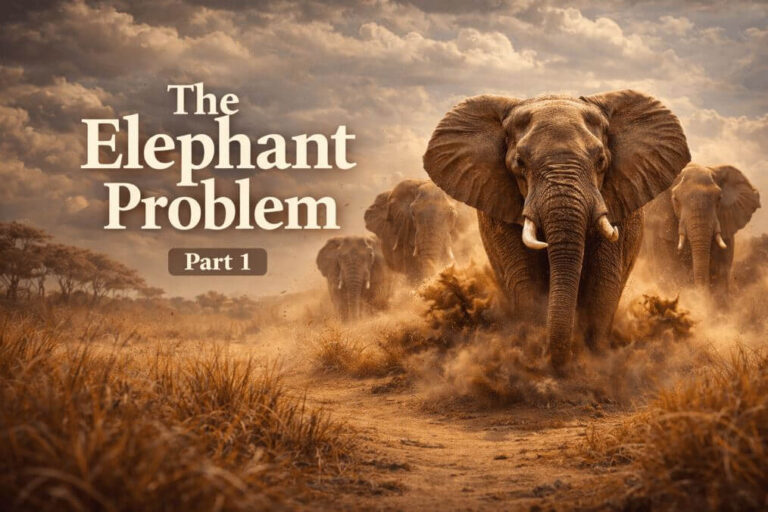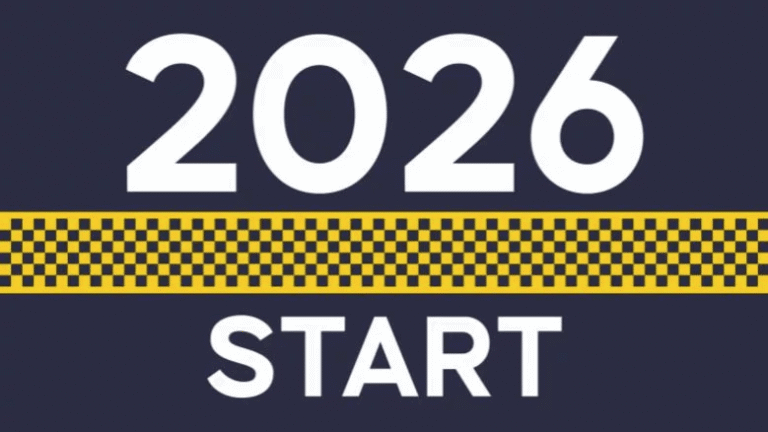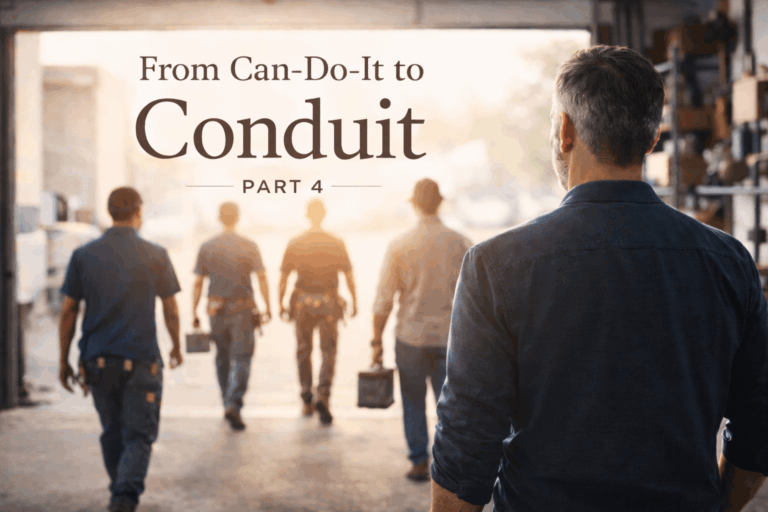Of the three Cs, perhaps the leading determinant of a company’s ultimate size is the owner’s level of Comfort with his personal security, lifestyle, and business.
Comfort isn’t determined by the economy, the market’s demands for our products and services, our competitors, or even tight employment markets. These trends and influences come and go over the years, and we see them in various forms throughout our professional career.
Instead, an owner’s comfort and accompanying motivation to grow his business is loosely tied to a theory of human motivation introduced by Abraham Maslow in 1943 as Maslow’s hierarchy of needs. In other words, as long as a business owner is satisfied with the physical and emotional comforts his business provides, he has little motivation to change anything. Conversely, when he is uncomfortable with his current situation, he is more motivated to change.
It takes a lot of effort to dislodge someone from a comfortable situation and convince them to become uncomfortable or endure financial and emotional risks in order to grow their company.
It would be a mistake to think of an owner’s comfort from a purely financial perspective. Just as there are people who are uncomfortable with financial abundance or running a large company, there are owners who are uncomfortable running a company that doesn’t provide them with the means to own multiple houses, cars, and other executive toys. At the end of the day it’s the same issue: an owner’s comfort with his lifestyle and the size company needed to provide it.
Our comfort is also influenced by our physical and mental pace—that internal “governor,” or “flow restrictor” that determines the speed at which we move through our lives. It affects how quickly we process information, make decisions, and even how quickly we move physically. No doubt you’ve observed people whose motors and minds are always running in high gear, and others who move more modestly. While an owner’s speed isn’t necessarily a predictor of how fast their company will move or its ultimate success, the speed of the company exceeding or falling short of the owner’s internal motor contributes to their level of ease.
There are events that can cause us to temporarily speed up our pace, but once that impetus is no longer present, we will generally return to the pace at which we’re familiar and comfortable. Our goal should be to recognize our pace and leverage its qualities to help us achieve what we want out of our business.
Let’s conclude this series by revisiting the underlying premise behind my theory of small business growth: that small businesses are fundamentally “lifestyle businesses” and they’re reflections of their owners. Not just the values and character the owners possess, but also their Competence, Confidence, and personal Comfort.
As you consider all the forces that impact the growth of your company, also consider what you’re planning to do to address the three Cs. You might discover that’s where your real focus should be.



